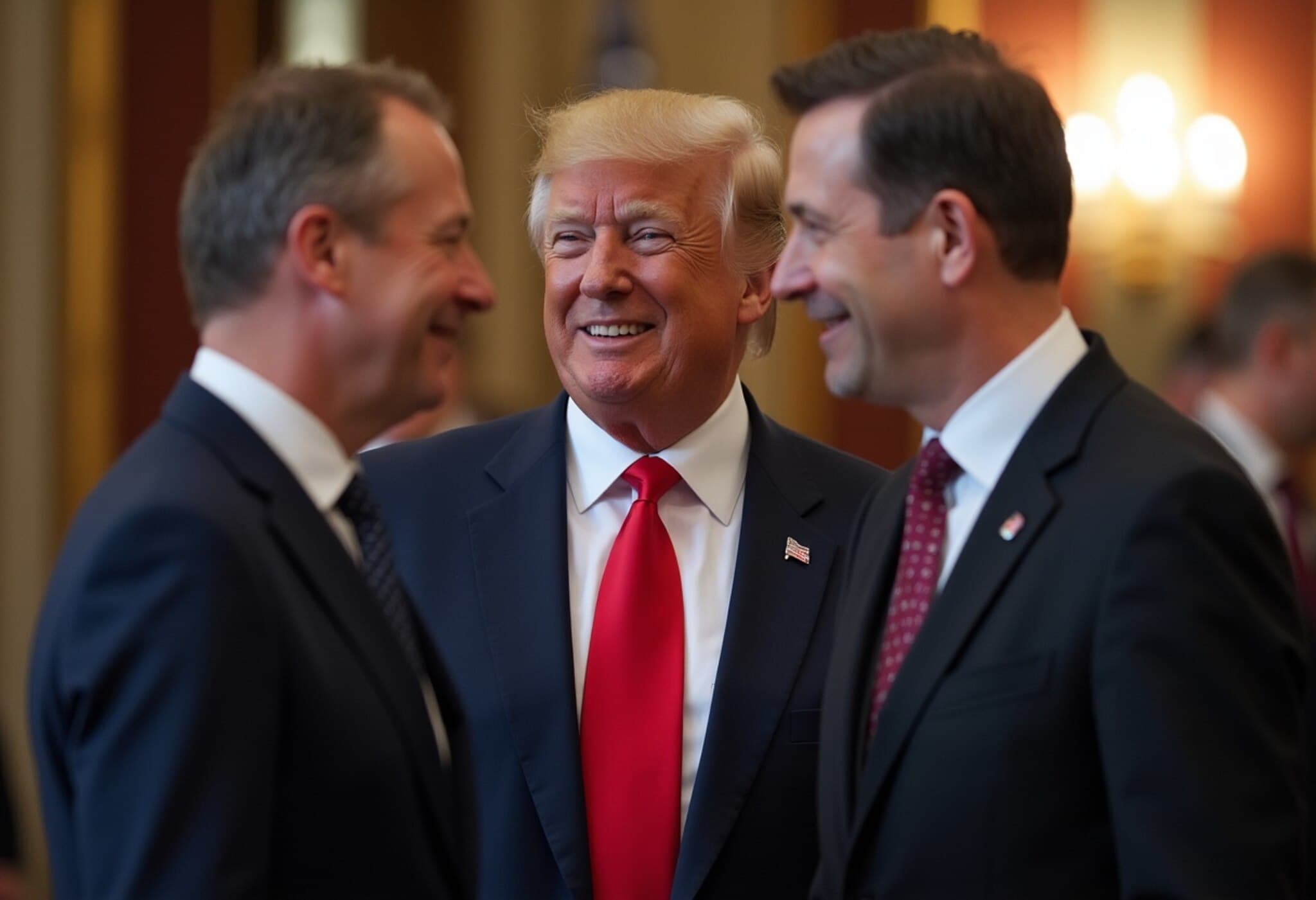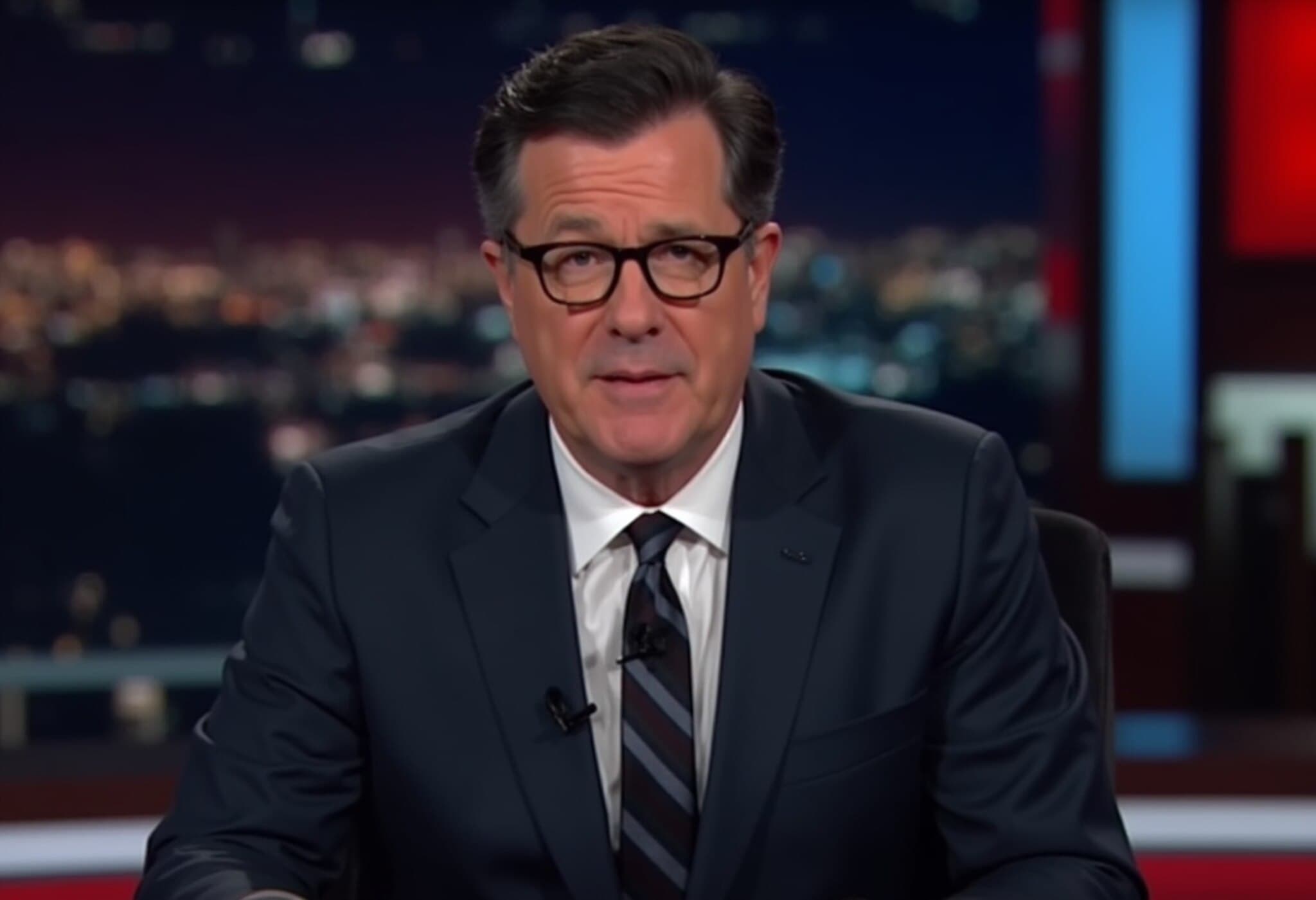UK Plans to Lower Voting Age to 16: A Transformative Step for British Democracy
In a landmark move aimed at rejuvenating political engagement, the United Kingdom is poised to lower the voting age from 18 to 16 across all elections. This initiative, announced in July 2025, is designed to empower younger citizens at a pivotal moment when electoral participation has waned, and trust in government institutions requires restoration.
The Push for Youth Inclusion in Politics
Prime Minister Keir Starmer championed the reform, underscoring the logic behind granting voting rights to younger teenagers. "They’re old enough to work and pay taxes," he told ITV News. "If you contribute financially to society, you should have a say in how your money is spent and who governs you." This aligns the UK’s voting policies nationwide, closing a discrepancy where 16- and 17-year-olds could already vote in Scottish and Welsh devolved elections but not in British parliamentary elections.
Context: Declining Voter Turnout and the Need for Reform
The reform emerges against a backdrop of historically low electoral turnouts, with the 2024 national election recording the lowest voter participation since 2001. With approximately 1.6 million UK citizens aged 16 and 17 — a demographic currently excluded from British parliamentary elections — proponents argue that enfranchising younger voters could spark long-term civic engagement.
International Comparisons and Regional Trends
While a voting age of 18 is standard in most democracies worldwide, several European Union countries, including Germany, Belgium, Austria, and Malta, have embraced 16-year-old voters in recent European Parliament elections. The UK’s step toward this standard represents a broader European trend aimed at modernizing electoral inclusivity.
Public Opinion and Political Reactions
- Youth Voting Patterns: A recent survey by Merlin Strategy for ITV News revealed that among 500 respondents aged 16-17, 33% favored Labour, 20% Reform UK, 18% the Green Party, 12% Liberal Democrats, and 10% Conservative. This signals a potentially shifting political landscape influenced by younger voters.
- Voices of Youth: Teenagers interviewed expressed enthusiasm for the right to vote but stressed comprehensive political education to combat misinformation, particularly the skew prevalent on social media platforms. "All the right-leaning sources get pushed far more than the left," remarked 17-year-old student Matilda Behrendt, highlighting the complex information ecosystem youth navigate today.
- Political Opposition: Nigel Farage and Reform UK have opposed the reform, citing concerns over ideological bias in educational institutions potentially favoring left-wing parties. However, Farage also expressed confidence in appealing to younger voters, noting their own social media savvy as an asset.
- Conservative Party’s Stance: The Conservatives questioned the coherence of lowering the voting age while 16-year-olds remain restricted from other significant legal activities such as purchasing alcohol or joining the military.
Insights from Experts and Data
Research, as reviewed in a UK Parliament House of Commons paper, suggests that lowering the voting age generally does not drastically alter election outcomes, a view supported by YouGov’s Anthony Wells who cites mathematical probability as a limiting factor. Nonetheless, the symbolic and societal implications of increasing youth participation remain profound.
Broader Electoral Integrity Measures
Parallel to the voting age reform, the UK government is advancing tighter rules on political donations to safeguard democracy from foreign interference and financial loopholes. Proposed measures include enhanced scrutiny for donations exceeding £500 from unincorporated organizations and closing avenues exploited by shell companies.
What This Means for the Future of UK Democracy
By redefining the electorate to include 16- and 17-year-olds, the UK is signaling a commitment to rejuvenate its democratic processes and engage citizens earlier in the civic journey. This move raises important questions about political education, electoral fairness, and the role of youth in shaping national policies amid evolving societal and economic challenges.
Editor’s Note
This historic reform in the UK’s voting age comes at a critical juncture, reflecting global efforts to expand youth enfranchisement. Yet, it also compels us to examine how democracies prepare younger generations to navigate complex political landscapes and misinformation. Will this spark higher lifelong political engagement or deepen partisan divides? Time will tell, but the debate signals a vibrant, evolving democracy grappling with its future.



















